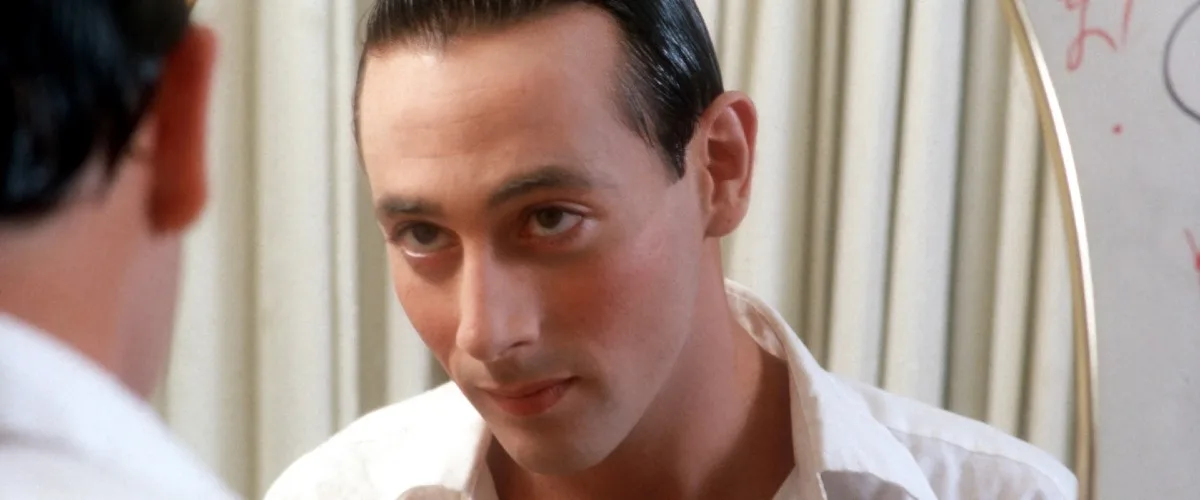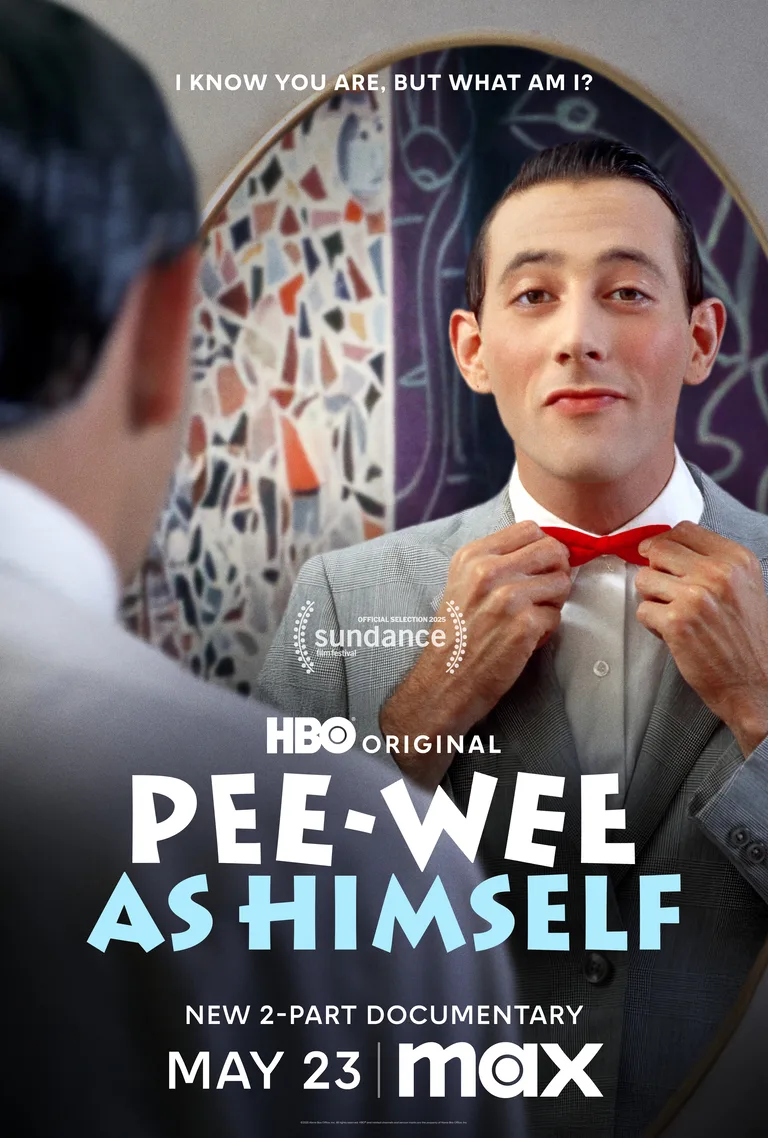How do you make a documentary about someone who lived most of his public life as a character he created? This question is at the core of the excellent new Max two-part documentary “Pee-wee as Himself,” which seeks to tell the story of Paul Reubens and Pee-Wee Herman through lengthy interviews with its subject, even as he fights against the very idea of the project. Paul Reubens was a deeply private man, one who often hid behind the more outgoing Pee-Wee Herman persona, and Matt Wolf’s film becomes much more than a traditional bio-doc by leaning into the fact that its subject doesn’t want to be there.
Right from the very beginning of the interviews that shape this film, you can feel Reubens trying to control the narrative. He did so throughout his career, and it was when he lost that control through a publicly mortifying incident and ludicrous witch hunt that everything spiraled. Is it any surprise that he wants to be the interviewer and not the interviewee? That he wants to control what will be the final word on his life and legacy? Watching Wolf and Reubens push and pull their way through the impact of this wildly talented and complicated man makes for rich, rewarding television. It’s a reminder that this was a bottomless well of talent that just happened to live in both Paul and Pee-Wee.
Produced by the Safdie Brothers for HBO Documentary Films, Wolf’s project started with 40 hours of interviews with Reubens and access to a massive personal library of footage and photographs from his early life and formative years on the L.A. comedy scene. Wolf brings in some heavy hitters to talk about working with Reubens, but the vast majority of this lengthy project consists of Reubens telling his own story, which is an invaluable key to its success. It keeps “Pee-wee as Himself” from devolving into the hero worship from friends and colleagues that often plagues the bio-doc genre. This is more like a confessional, a personal examination of a complex life. For the first time, Reubens gets into not just what inspired his comedy but how much of his life he spent in the closet, and how the arrests in 1991 and 2002 wounded him forever. Even as he’s trying to stay private about these key moments, he’s revealing so much, a testament to his fascinating life and how cleverly Wolf earns his trust, even if Reubens doesn’t want to admit it.
Paul Reubens grew up in New York, forming a love for laughter at an early age through classic television and the actual circus, a passion that he took with him when he moved to Los Angeles and found his first fame as a regular on “The Gong Show.” From there, he joined The Groundlings, where he would collaborate with several future “Pee-wee’s Playhouse” players, including Edie McClurg and Phil Hartman. It’s here where Pee-wee Herman was born, a character who worked from an almost Vaudevillian sense of humor but with a California edge. He would develop “The Pee-wee Herman Show” on stage in the early ‘80s and become a massive star on the local comedy scene, selling out for five straight months. HBO aired what was basically the stage show in 1981, and Pee-wee began his ascendance to the comedy stratosphere, appearing first in a couple of Cheech & Chong movies and then Tim Burton’s incredible debut feature, a perfect match of director and subject. Made by a pair of outsiders with quirky senses of humor, “Pee-wee’s Big Adventure” was a smash, and the CBS spin-off “Pee-wee’s Playhouse” was nearly as impactful.
Wolf and Reubens wonderfully unpack how and why Pee-wee worked for both adults and kids, recalling an old-fashioned, Saturday morning aesthetic, but one that also worked for the MTV generation. It was playful without insulting the intelligence of the kids who watched it. More projects followed, but it was the inevitable movie sequel that derailed Reubens for the first time, as he poured his soul into “Big Top Pee-wee,” only to watch it fail.
Of course, what many people think of first about Reubens is his arrest in 1991 for indecent exposure in an adult movie theater. Reubens is candid about that chapter in his life, but the film also reminds us how much he rebounded, from mocking the jokes around him on MTV to projects like “Batman Returns,” “Matilda,” “Mystery Men,” “Blow,” and “Buffy the Vampire Slayer.” In 2002, related to a report from a witness in the case against Jeffrey Jones, Reubens was arrested again for possessing memorabilia that was labeled as child pornography. He defended his collection of vintage erotica, and the charges were dropped two years later, but he clearly carried scars from that for the rest of his life.
“Pee-wee as Himself” captures a man who became accustomed to playing multiple roles in all aspects of his life. He was Pee-wee and Paul. He was in and out of the closet depending on how he thought it would impact his career and personal life. He was a pariah who was mocked by late-night comedians who would later recognize him as a counter-culture icon. There was really no one like him and there likely won’t be again. Despite his reluctance to dance with the skeletons in his closet—he’s notably absent during some of the sections on the tougher chapters in his life—Paul Reubens often displays a sly smile when talking about Pee-wee Herman, hopefully understanding his impact at the end of his life. He may resent that Pee-wee always got more love than Paul, but he secretly loves him just as much as you do.
Now on Max.




















